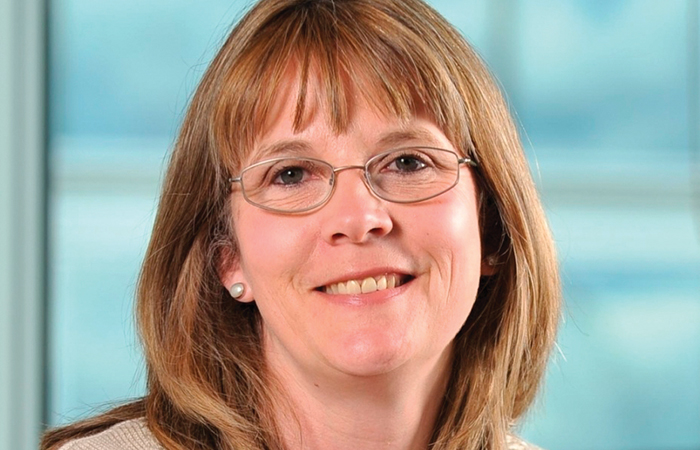
The group risk industry has long understood the importance, not only of early interventions, but also of preventative measures and encouraging better health behaviours in the first place. That is why group risk products, such as employer-sponsored life assurance, income protection and critical illness benefits, are focused on so much more than just a payout.
The group risk industry recognised relatively early that support to enable employees to return to work was not only in the interests of the employee, but also the employer.
Group income protection (GIP), in particular, plays a significant role in supporting employers to help their people through difficult or distracting times, keeping individuals with disabilities in the workplace and getting staff back to work after a period of ill-health, thus significantly reducing sickness absence, as well as supporting the fact that good work is good for you.
For employers, the support included in such policies can include absence management, case management, line manager training such as mental health first aid and stress awareness, HR and employment law advice, legal document writing, telephone support for difficult situations and mediation.
For employees, help can include access to an employee assistance programme (EAP), second medical opinions, fast-track access to counselling, physiotherapy or treatments, workstation modifications, liaison and mediation, plus return-to-work practical help and advice, including structured return plans.
Increasingly, the embedded support services provided through GIP focus on health, such as access to a GP service 24/7, dietary advice, encouragement for getting and staying active, apps and more.
In total, last year, there were 75,466 interactions with additional help-and-support services funded by group risk insurers, at no extra cost to employers or employees. As a result, 3,551 people went back to work within six months following active early intervention funded by the insurer, and 2,044 more people were assisted in making a full return to work within two years of becoming a claimant, according to Group Risk Development’s (Grid) Claims survey, published in March 2019. This demonstrates the true value of group risk, beyond the measurable benefit payout.
Katharine Moxham is spokesperson for Group Risk Development (Grid)